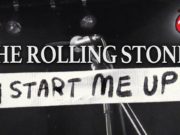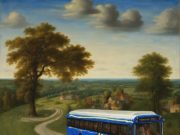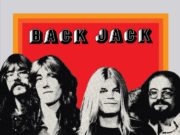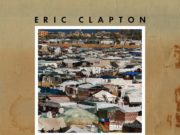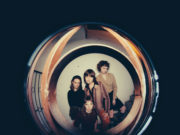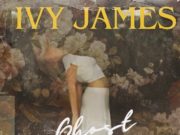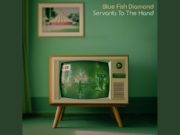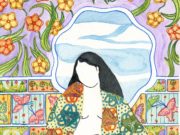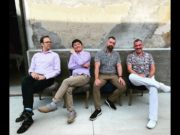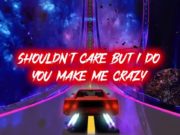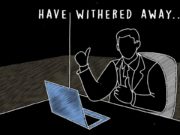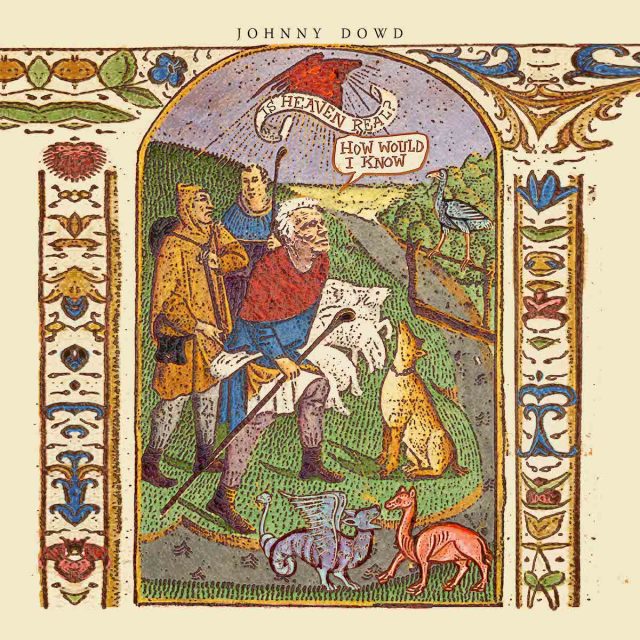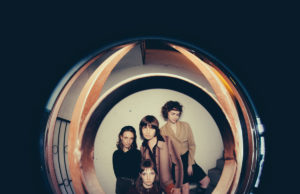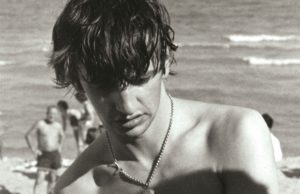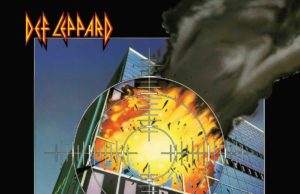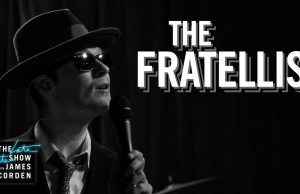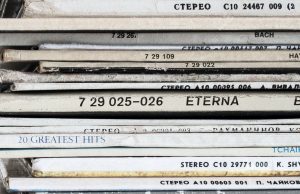THE EDITED PRESS RELEASE: “I never wanted to be a songwriter,” recalls singer-guitarist Johnny Dowd. It’s a strange confession from one of America’s most evocative wordsmiths. But when it became a matter of sink or swim, back around 1988, he dove in the deep end. “I was in a Memphis/Texas swamp blues band,” he says, “but then the singer quit — and he was the only one who was enough of a musician to learn a song off a record and show it to us. I couldn’t figure out how to do that! So I said, ‘Fuck it’ and started writing songs — just so we could play.”
Now, as Brightspark Records releases Dowd’s 25th studio album and first full-length vinyl, Is Heaven Real? How Would I Know on Oct. 1, two things from that time still resonate today: His uncanny way with a haunting song, and the city of Memphis. The group he led through his first originals became Neon Baptist, but by the mid-’90s Dowd went solo and self-released his debut, Wrong Side of Memphis. As songs like Murder, Ft. Worth, Texas and John Deere Yeller made clear from the start, the rock he built his songs on was a forlorn outcropping of life in deepest, darkest, weirdest America. And they struck a nerve. Somehow, Memphis embodied that — and he knew he had to go back.
“I lived there from the time I was one to the time I was three or four,” Dowd says of the legendary river town, “and I lived there again during high school.” The sounds of Memphis stayed with him through life, even as he grew up in Oklahoma and finally settled in upstate New York. And so, in 2022, he returned to the Bluff City to make what may be his most personal album to date. “I’ve always had a bunch of good bands,” he says. “But the kind of band that I had in Memphis for this album, sounding like something off Stax/Volt records? That’s the stuff that I grew up with, but I never recorded in that context at all. So it was like, ‘OK… This is it!’”
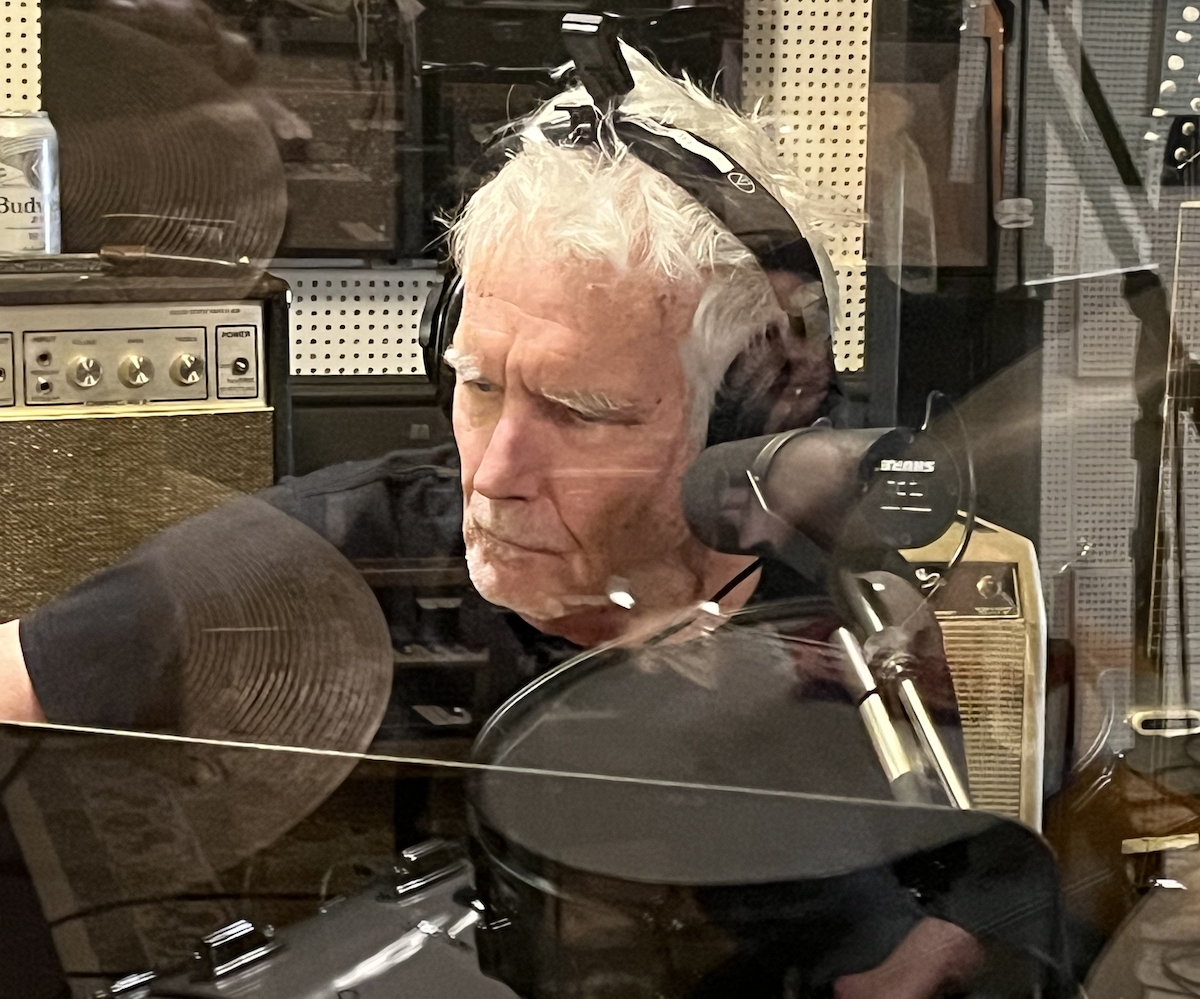
Indeed, the air was charged at producer Bruce Watson’s Delta-Sonic Sounds when some of Memphis’s hippest players gathered to record with Dowd. In addition to his longtime bandmates, drummer Jif Dowd (his sister) and guitarist Mike Edmondson, Dowd had a slew of ringers: Stars Will Sexton, who co-produced and played guitar, and Amy LaVere, on bass and vocals, a touring couple who embody the Great American Songbook; Rick Steff (Lucero) on piano; Alex Greene (Reigning Sound) on organ and trombone; Jim Spake (Lucero, Alex Chilton) on reeds; Krista Lynne Wroten (Memphis Dawls) on fiddle and vocals; and Will McCarley and Shawn Zorn adding percussion.
And yet, so varied and versatile were the players that what emerged was a far cry from any typical “Memphis Sound” album. Leaning into the weathered old world of Dowd’s lyrics and voice, the band helped fashion a soundscape that’s as earthy as an Oklahoma field, as sweet and soulful as a Memphis doughnut shop, as edgy as walking the rails over a river bridge.
A soulful swing shines through right out of the gate, with the broke-down stomp of Another Mule, to which Dowd sings, “Flowers in my head / You sowed ’em there / They was the color of blood / Same color as your hair.” Then comes Track 2, Is Heaven Real?, a haunting, gospel-tinged landscape to accompany Dowd’s mountain crag of a voice recounting a youth in Oklahoma, “the promised land.” Is heaven real? The music makes it manifest, but the question mark lingers. Yet returning to that land is fraught with pain and peril, as Dowd and LaVere make clear when conjuring up a flickering pre-teen romance on Track 3, Icepick.
Pillow comes next, its musical whimsy belying Dowd’s musings on “being and nothingness,” followed, appropriately enough, by the undeniably heavy blues of Shook Up, where the “great balls of fire” might just slam you into the void. “The past is always gonna eat the future,” Dowd intones with palpable dread, before he adds, “that’s why you got to practise the Kama Sutra.”
That glint of humor peeks out through a lot of this material, none more so than the hapless Hope, with its ready-to-wear chorus, “Another beer, another shot/Some folks say I drinks a lot… ” That mother wit may be Dowd’s saving grace, as a lifer in the arts, a dollop of madness keeping him young. “Sometimes your mind is what you need to lose,” he quips on L.S.D., a song which takes the listener back to the singer’s teen years once again. But the gravity of the adult world is never far behind. “You were breathing fire, I was blowing dust / It was like getting hit by a bus,” Dowd sings in Fire and Dust, before reflecting, “I would do it all again,” over and over, almost like a prayer.
That takes us back to more philosophical territory, and in the album’s finale, Dowd muses on a bird in flight, a more mundane version of Poe’s raven: “Crow’s in my brain he’s going caw caw caw / In crow language that means ha ha ha / Having a laugh at my expense / Why couldn’t I be that crow, instead of being me?” With typical bluntness, Dowd sums up a lifetime of humor and dread in only a few deft strokes. Meanwhile, the Memphis band marches on, coming on at first like a vaudeville troupe, then revealing their true selves two minutes in, when the groove gives way to a timeless blues shuffle. That’s where Dowd’s heart lives, where he twirls his writerly pen like Cormac McCarthy doing the soft shoe. “Settle in, we’re gonna be here a while,” he calls out to the band, and his ensemble of Memphians, straight out of the old, weird America, are only too happy to oblige.”


